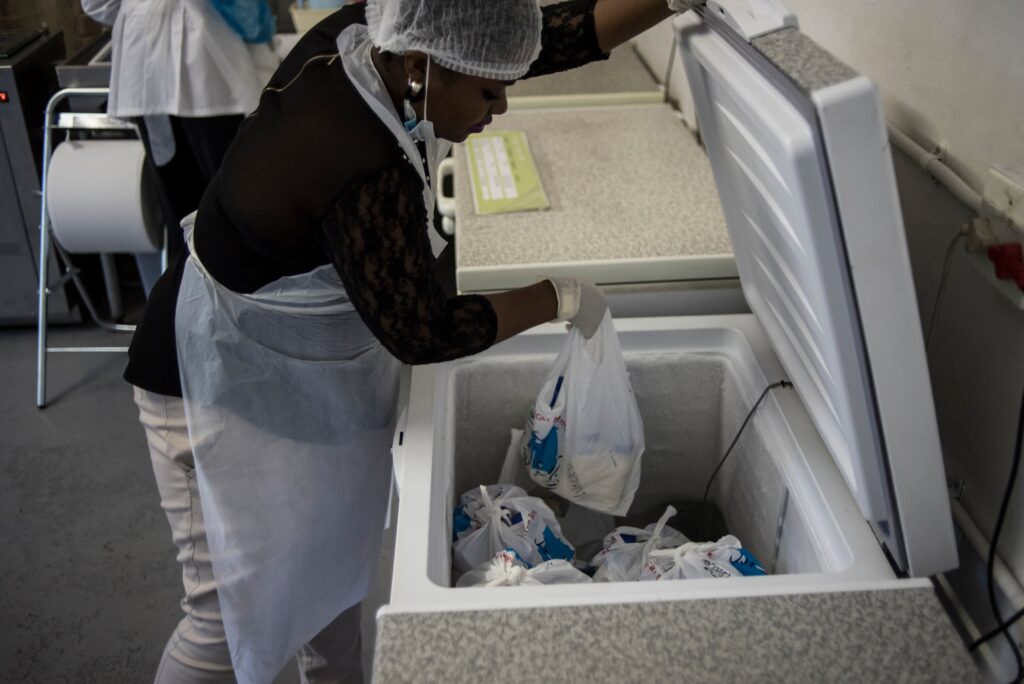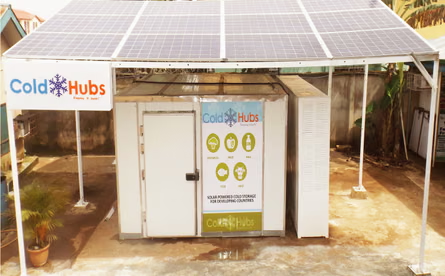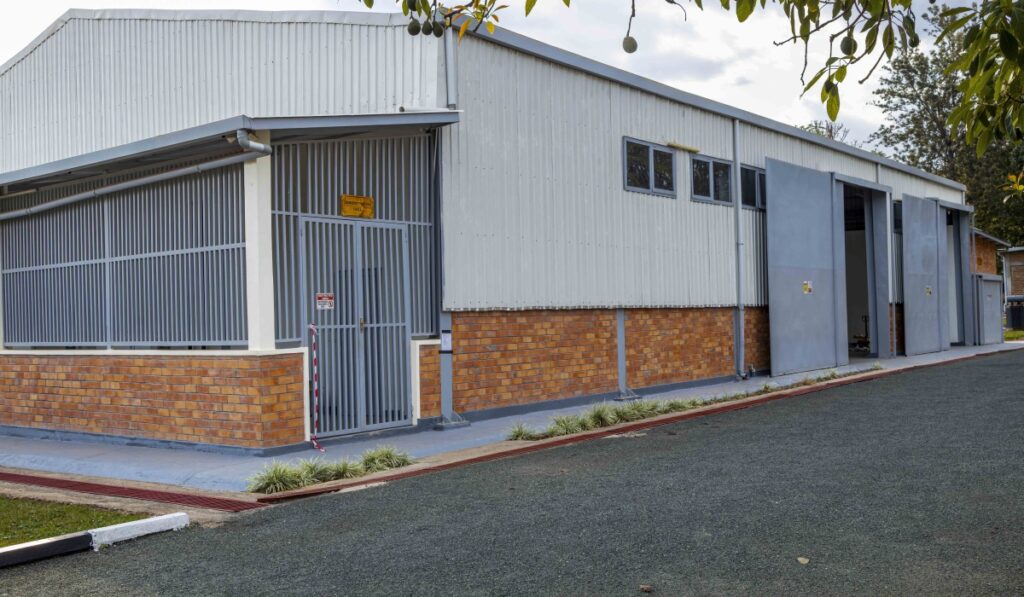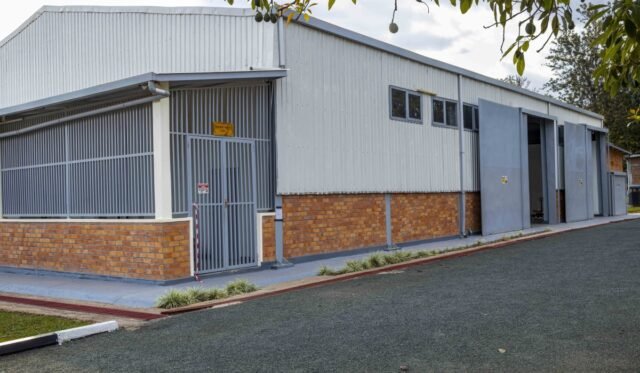When most Nigerians think of “cooling,” what comes to mind is the ceiling fan on a hot afternoon or the hum of an air conditioner. Yet across Africa, cooling is far more than a matter of comfort. It is now at the centre of discussions on food security, healthcare, and economic transformation.
With rising temperatures, unpredictable weather, and fragile supply chains, the ability to keep things cool is becoming essential. From preventing harvest losses to safeguarding vaccines, cooling is fast emerging as a quiet revolution that could change how Africa feeds its people, protects its citizens, and grows its economy.
Table of Contents

Food Loss, Health Risks, and the Cold Gap
One of the continent’s biggest challenges is post-harvest loss. Because many farmers lack reliable cold storage, a significant portion of perishable crops never reaches consumers. In Nigeria and across sub-Saharan Africa, experts estimate that between 30% and 40% of fruits, vegetables, fish, and dairy are lost to spoilage. By contrast, in wealthier regions with advanced cold chains, most food remains preserved from farm to fork.
This gap goes beyond hunger. For smallholder farmers, wasted produce means wasted income. For households, it means higher food prices and nutritional deficiencies. And for governments, it represents lost productivity that could have strengthened local economies.
Cooling also matters in healthcare. Vaccines, medicines, and blood products need constant cold storage. A single break in the chain—from transportation to clinic refrigerators—can render them useless. In fragile health systems, especially in rural Nigeria, such losses are not just expensive; they can be deadly.
On a broader scale, extreme heat already places a huge strain on public health. Without access to cooling, both urban and rural communities face risks of heat stress, dehydration, and an exacerbation of chronic diseases. For a continent already stretched thin, the lack of cooling is a silent but powerful driver of inequality.

Leapfrogging to Sustainable Cooling
Africa has an opportunity to avoid the mistakes of developed countries by adopting clean and efficient cooling solutions from the start. Instead of leaning heavily on traditional hydrofluorocarbon (HFC) refrigerants, which damage the climate, African innovators are introducing eco-friendly alternatives. Solar-powered cold rooms, such as those deployed by Nigerian startup Ecotutu, are already reducing post-harvest spoilage in farming communities.
Across the continent, similar initiatives are exploring low-carbon refrigerants, energy-efficient designs, and renewable-powered cooling systems. These innovations are not just about food or health—they are creating new markets for green jobs in manufacturing, installation, and maintenance.
Policy is also catching up. Through frameworks like the Kigali Amendment, African governments are committing to phase out harmful refrigerants while investing in National Cooling Action Plans. These policies aim to embed it into broader strategies for agriculture, health, and energy development.
Still, challenges remain. Access to finance is one of the biggest barriers, as small farmers and clinics often cannot afford upfront investments in new systems. Weak local manufacturing capacity also means many countries depend on imports, raising costs. And awareness is limited; many stakeholders are yet to see cooling as a development priority rather than a luxury.
The Way Forward
If properly harnessed, cooling could reshape Africa’s development journey in five powerful ways:
- Reducing Waste and Increasing Incomes
With cold chains in place, farmers can store their crops longer, negotiate better prices, and access larger markets. Less waste means more food for consumers and more profit for producers. - Protecting Public Health
Reliable cooling ensures safe vaccines, medicines, and blood supplies. As climate change raises average temperatures, cooling will become a critical lifeline in reducing heat-related illnesses and protecting vulnerable communities. - Driving Green Growth
A robust cooling sector can create thousands of jobs in clean technology, renewable energy, and logistics. It can also stimulate local industries, from manufacturing to service provision. - Fighting Climate Change
By adopting efficient technologies and climate-friendly refrigerants, Africa can avoid the high-emission mistakes of industrialised countries, making cooling part of the climate solution rather than the problem. - Closing Inequality Gaps
Access to cooling should not be limited to urban elites. Solutions must include rural clinics, smallholder farmers, and women—who make up much of Africa’s agricultural workforce but often lack infrastructure access.

Conclusion
For Nigeria and the wider continent, this is no longer a side issue. It is at the heart of the struggle for food security, public health, and sustainable growth. The choice before policymakers, businesses, and communities is clear: treat cooling as a luxury and watch losses continue, or embrace it as a national asset that can feed more people, save more lives, and grow the economy sustainably.
If the right investments, policies, and innovations come together, cooling could indeed redefine Africa’s food, health, and economic future—turning heat into opportunity, and scarcity into abundance.
Join Our Social Media Channels:
WhatsApp: NaijaEyes
Facebook: NaijaEyes
Twitter: NaijaEyes
Instagram: NaijaEyes
TikTok: NaijaEyes





